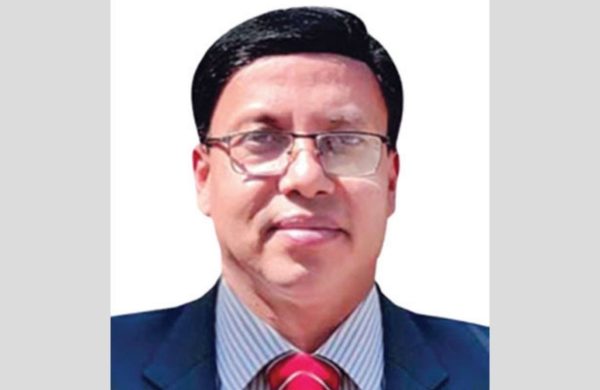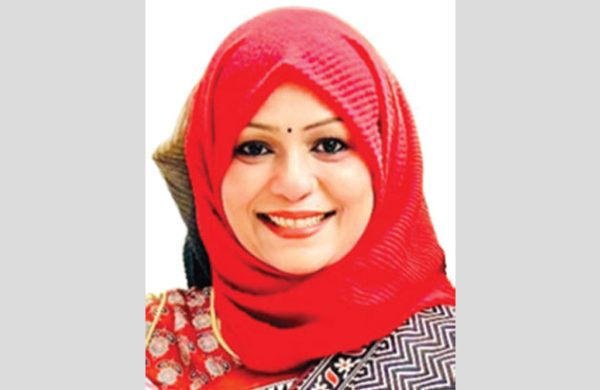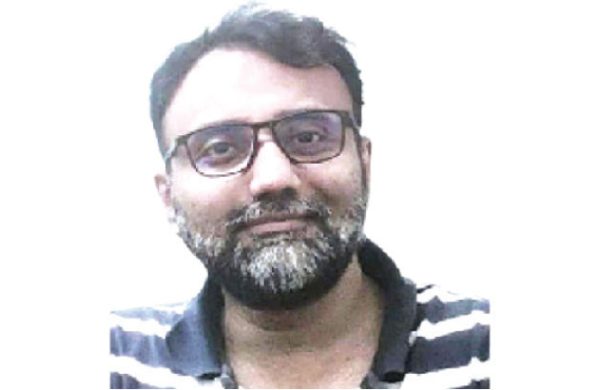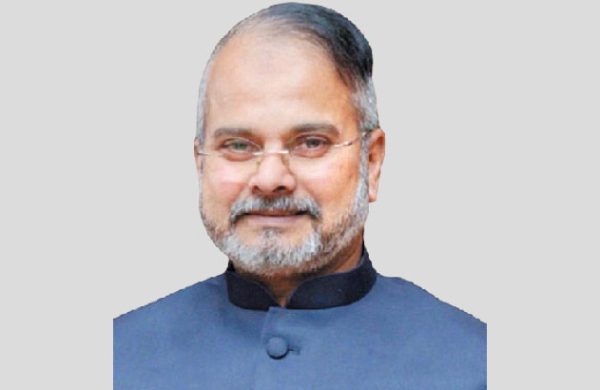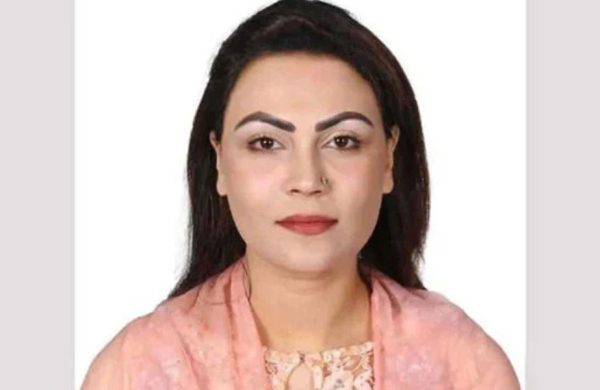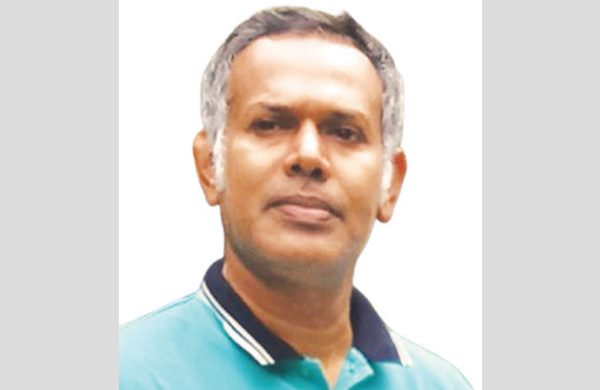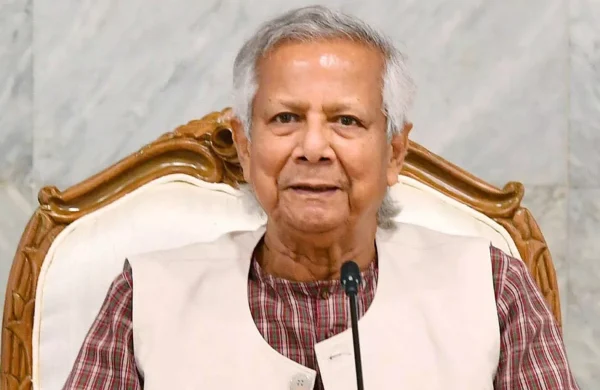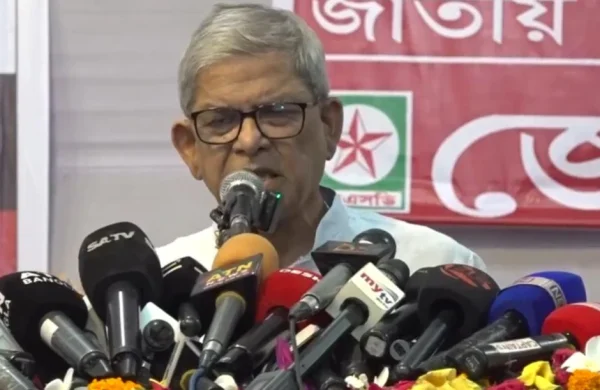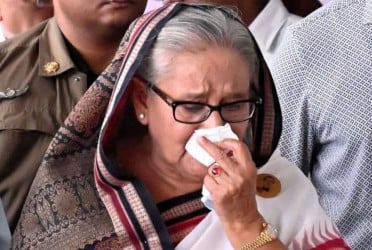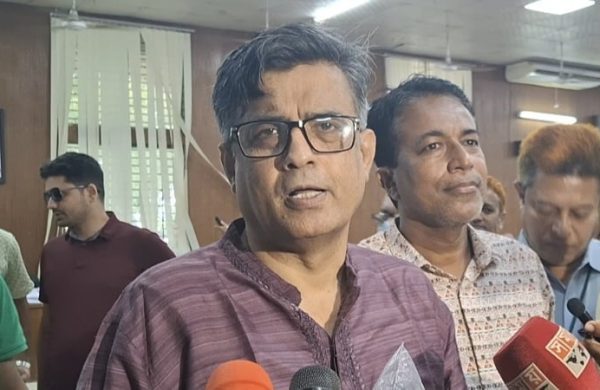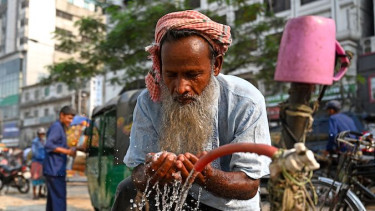Youth-oriented Investment Strategy Key to Economic Development
- Update Time : Friday, April 18, 2025
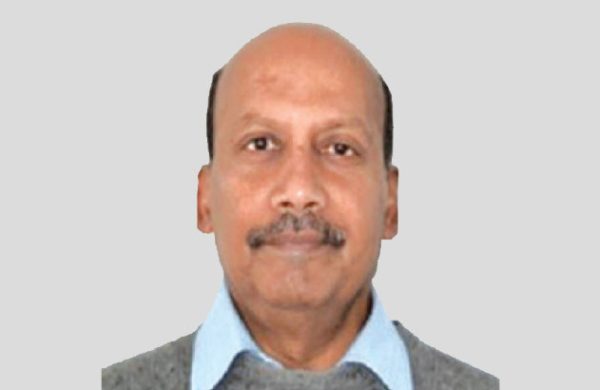
—Taufiqur Rahman—
Bangladesh must embark on an ambitious youth-oriented economic development strategy. According to the Bangladesh Bureau of Statistics (BBS), 26.88% of the total population (about 45.9 million or 4,59,00,000) are in the age group of 15-29. Moreover, there are 57 million children. The statistics suggest that over 50% of our population is below 29 years of age. The Bangladesh Investment Summit (BIS), held between 7 and 10 April 2025, has highlighted a few key areas of reform and key sectors for international as well as domestic investments. Those sectors include startups, youth entrepreneurship, renewable energy, the digital economy, apparel and textiles, agriculture and agro-processing, and healthcare. The World Bank (WB) identified four promising sectors – green readymade garments (RMG), housing for the middle-income group, paint and dyes, and digital financial services – for reform and investments to enhance economic development. If projected, the BIS and WB recommendations will result in millions of new jobs for our youths.
World Bank Country Director for Bangladesh and Bhutan Abdoulaye Seck said, “In recent years, Bangladesh’s growth has not translated into job creation for the large number of youths entering the job market every year. Particularly, the educated youth and women faced difficulty in getting jobs to fulfil their aspirations.” According to Labour Force Survey 2022, approximately 9.6 million individuals aged 15-29 in Bangladesh find themselves not engaged in employment, education, or training (NEET). Among them, 65.5% are females. Therefore, Bangladesh needs a youth-oriented economic development strategy so that employment opportunities can be created for them, which will result in economic benefits for the entire population. Our youths are ready for the digital economy, modern technologies, new business development and good political governance. The Global Entrepreneurship Monitor (GEM) report highlights Bangladesh’s impressive entrepreneurial activity, positioning the country as a dynamic hub for startups. India’s revocation of transshipment facility for Bangladesh is an opportunity to expand and upgrade several Bangladesh’s airports, sea and river port facilities. This facility expansion must be done with urgency. Such investments will generate employment and provide additional capacity for our exports.
So, what are the key features of a youth-oriented economic development strategy?
The policymaker should focus on preparing our youth for new digital economy, climate technologies and clean energy. They need to learn about Artificial Intelligence (AI), robotics engineering, coding and entrepreneurship. They also need to acquire different languages like English, Spanish, French and Mandarin to relate to the outside world effectively. We have an urgent need to upskilling our teachers so that they can provide the education needed by millions of students. This is a massive task requiring massive investments by the government. AI and robotics will transform economies. According to World Economic Forum, “The availability of high-skilled workers is a key driver of economic growth, making the most of a country’s human capital and building a diversified pool of talent.” BIS generated enthusiasm and made us hopeful.
We should revise all technical training and education programmes to align with the current and future world. Bangladesh’s among our total population, only 14% are skilled workers whereas the percentage is 73% in Germany, 66% in Japan, 65% in Singapore and 55% in China. According to US News report, Germany ranks first in skilled labour force, followed by Japan, South Korea, China, the USA, Denmark, Switzerland, the UK, Sweden and Canada. India ranks 17, Vietnam 26, Indonesia 33, Thailand 35, Malaysia 42, and Bangladesh 47 in the world ranking. Germany is renowned for its robust manufacturing and engineering sectors, with a strong emphasis on technical skills and vocational training. The country’s “dual education system” integrates classroom learning with practical training, producing a highly skilled labour force, especially in fields like engineering, precision manufacturing and industrial technology. South Korea has a strong emphasis on STEM (science, technology, engineering, and mathematics) education. Japan has a long-standing emphasis on STEM education, and many of its universities, like the University of Tokyo, are renowned for science and engineering. Because of focusing on developing skills in artificial intelligence, robotics and biotechnology, China’s workforce is well-equipped to support the country’s ambitious goals. If we are to become a regional manufacturing powerhouse as recommended in BIS, we must learn from our close neighbours. We can learn a lot from these countries about what innovative ways our education and technical training programmes can be updated to fast-track our youth upskilling and create an investment-friendly environment. We should not have young people with bachelor’s and master’s degrees working in unskilled jobs in the Middle East, East Asia or in our country. Their degrees are not useful for the job market; hence, they are in such jobs. If our education system is delivering graduates with unemployable skills, then we are wasting our resources.
Along with the abovementioned skills, our youths need political, governance and leadership education because we want new leaders to lead this country and its economic development. They must know the benefits of good governance, humility and the importance of education. Because it is leadership and a powerful vision that can lead Bangladesh out of poverty to a strong economy and world leader. New leaders are needed at every level, i.e. parliament, districts and upazilas. So, all stakeholders should build consensus on reforms, leadership development, human rights and anti-corruption movements.
_____________________________________
The writer is an international development expert based in Maryland, USA


